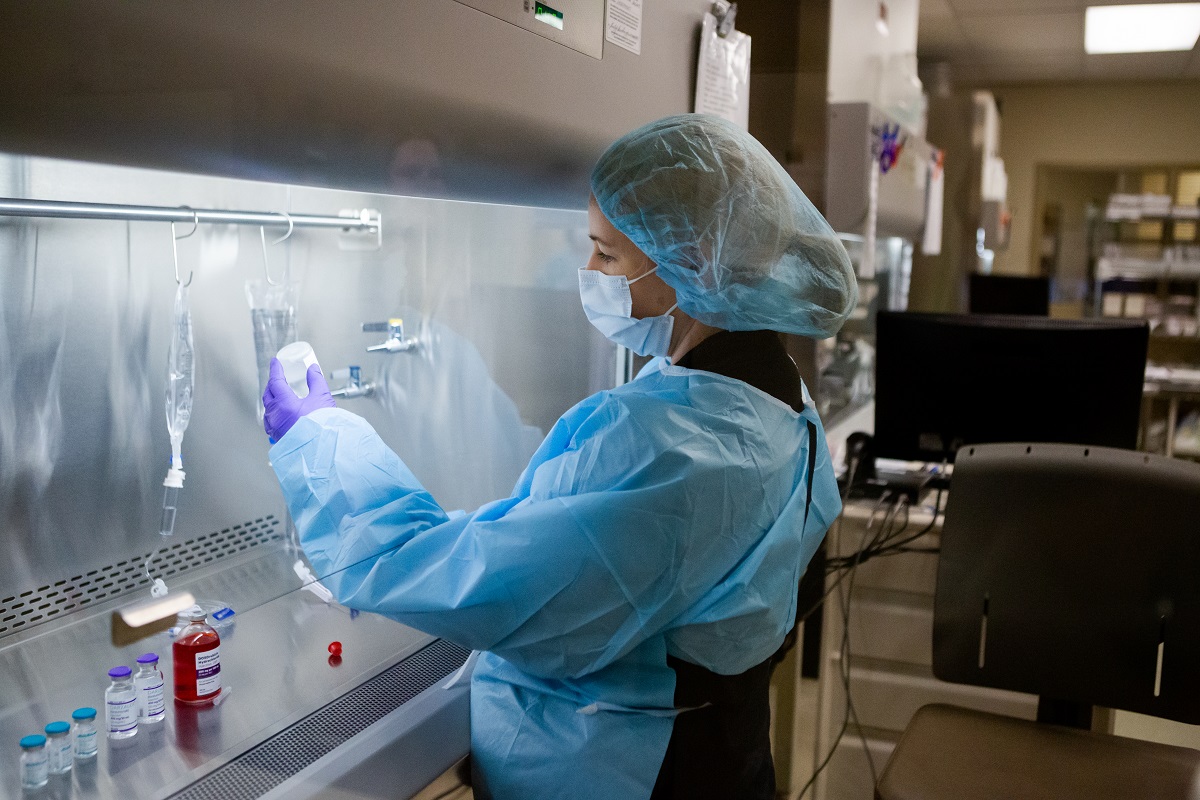
Nurturing the Health of Our Furry Friends: The Vital Role of Vet Techs
Table of Contents
ToggleUnderstanding the Role of Vet Techs
H1: Introduction to Vet Techs
Veterinary technicians, or vet techs, are trained professionals who work alongside veterinarians to deliver high-quality care to animals. They serve as the backbone of veterinary practices, performing a range of duties that contribute to the overall health and comfort of pets.
H2: Responsibilities and Duties
Vet techs wear many hats in a veterinary setting. Their responsibilities include assisting in surgeries, conducting laboratory tests, administering medications, providing nursing care, and educating pet owners on proper animal care. These multifaceted duties showcase the diverse skill set that vet techs bring to the table.
Education and Qualifications
H3: Rigorous Training and Education
Becoming a codingmix.com/ requires formal education and training. Most vet techs complete a two-year associate degree program accredited the American Veterinary Medical Association (AVMA). This comprehensive education covers topics such as animal anatomy, pharmacology, diagnostic imaging, and surgical techniques.
H4: Licensing and Certification
Upon completing their education, aspiring vet techs must pass the Veterinary Technician National Examination (VTNE) to become licensed. Some states also have additional requirements for certification. This stringent process ensures that vet techs meet high standards of knowledge and competence in their field.
The Vital Role in Animal Healthcare
H5: Surgical Support and Anesthesia Management
In surgical procedures, vet techs provide invaluable assistance. They prepare surgical equipment, monitor anesthesia, and assist the veterinarian during the operation. Their meticulous attention to detail and understanding of surgical protocols contribute to the success of veterinary surgeries.
H6: Laboratory Diagnostics
Vet techs play a crucial role in conducting and interpreting various laboratory tests. From blood work to urinalysis, they assist in diagnosing illnesses, monitoring ongoing treatments, and ensuring prompt and accurate results for veterinarians to assess.
Compassionate Patient Care
H7: Nursing and Patient Comfort
Beyond medical procedures, vet techs excel in providing compassionate nursing care. They comfort and monitor animals recovering from surgery, administer medications, and ensure the overall well-being of patients. Their role is not only medical but extends to ensuring the emotional and physical comfort of the animals under their care.
H8: Client Education and Communication
Effective communication is another key aspect of a vet tech’s role. They interact with pet owners, offering guidance on post-treatment care, administering medications at home, and answering questions. Vet techs bridge the gap between veterinarians and clients, fostering a collaborative and informed approach to pet healthcare.
Challenges and Rewards
H9: Emotional Resilience
Working in veterinary care can be emotionally challenging, especially when dealing with sick or injured animals. Vet techs display remarkable emotional resilience, providing support to both animals and their owners during difficult times.
H10: Intrinsic Rewards
Despite the challenges, vet techs find immense satisfaction in their work. The bond formed with animals, the joy of witnessing a successful recovery, and the gratitude from pet owners contribute to the intrinsic rewards of being a vet tech.
Conclusion: Guardians of Animal Health
In conclusion, vet techs are the unsung heroes in the realm of veterinary care. Their diverse skills, compassion, and commitment to animal health make them indispensable members of the veterinary team. As the demand for high-quality pet care continues to grow, vet techs stand as guardians, ensuring our furry friends receive the attention and expertise they deserve.
For those with a passion for animals and a desire to contribute to their well-being, a career as a vet tech offers a fulfilling and impactful journey into the world of veterinary healthcare.
Related Posts

Can You Go from Vet Tech to Veterinarian? A Comprehensive Guide

Exploring This Tech Hub: A Comprehensive Overview

